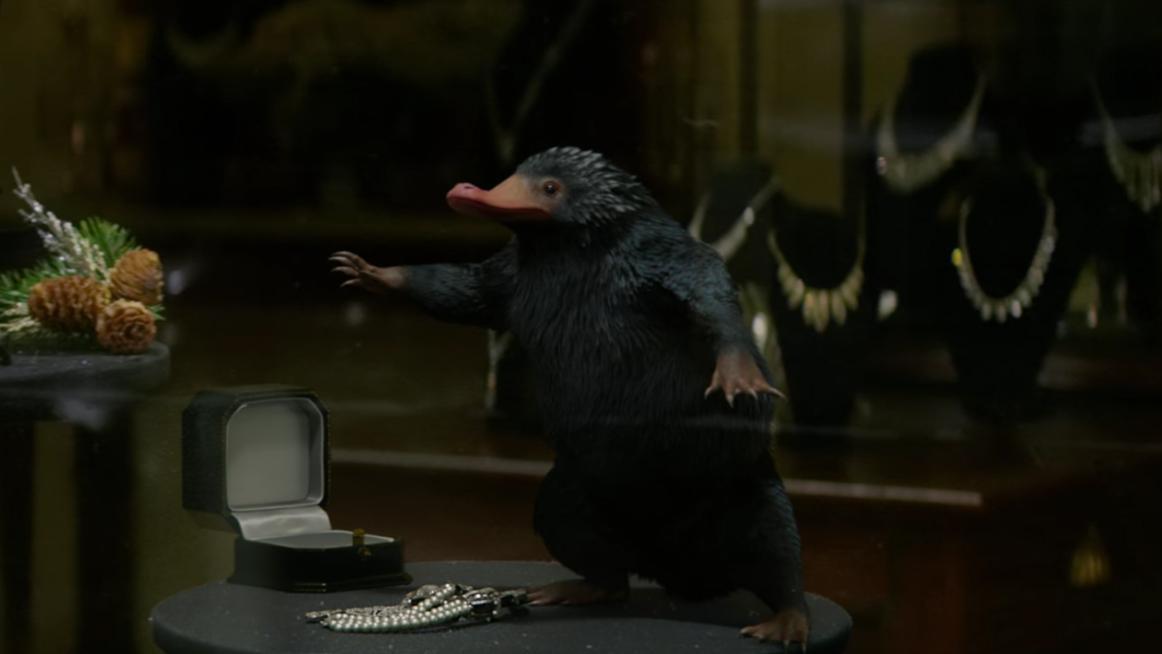Fantastic Beasts and Where to Find Them: The Niffler is basically real and here's where to find it
Introducing the puggle - AKA Australia's own baby echidnas - three of which were recently born at a Sydney zoo

Your support helps us to tell the story
From reproductive rights to climate change to Big Tech, The Independent is on the ground when the story is developing. Whether it's investigating the financials of Elon Musk's pro-Trump PAC or producing our latest documentary, 'The A Word', which shines a light on the American women fighting for reproductive rights, we know how important it is to parse out the facts from the messaging.
At such a critical moment in US history, we need reporters on the ground. Your donation allows us to keep sending journalists to speak to both sides of the story.
The Independent is trusted by Americans across the entire political spectrum. And unlike many other quality news outlets, we choose not to lock Americans out of our reporting and analysis with paywalls. We believe quality journalism should be available to everyone, paid for by those who can afford it.
Your support makes all the difference.Most audience members will agree on one thing about the latest venture into J.K. Rowling's Wizarding World - the Niffler was truly the most Fantastic Beast of them all.
A fuzzy, little troublemaker with a kleptomaniac attitude and the guilty look of a dog that just nosedived into your leftover turkey; the Niffler is bound to become the top of every child's wildly unrealistic Christmas list, and win the hearts of Potterheads and non-Potterheads alike.
But, did you know there's a real-life equivalent to the Niffler who's just as adorable? Fans have been eager to point out the Niffler shares a pretty striking resemblance to Australia's puggle; not the pug-beagle crossbreed, but the name for a baby echidna - a species of slender-snouted, egg-laying mammals which lives in Australia and New Guinea.
In fact, the film's release was coincidentally timed with a rare puggle birth at Sydney's Taronga Zoo (via CNN), that's been nearly 30 years in the making; a trio of puggles debuting at the zoo last week as part of the its newly completed breeding facility, having hatched all the way back in August.
"All three mothers are doing an amazing job and tending to their puggles as needed. We have one mum, Spike, who is so attentive that she returns to feed her baby every second day," said Suzie Lemon, a keeper at Taronga Zoo. "This is a big step forward for Taronga. By monitoring the puggles so closely we've now got a good broad understanding of their growth cycle and development. A day in the puggle world consists of lots of sleeping. They can be buried up to 30cm deep in their burrow, so they'll just sleep and use all their energy to grow and develop."
With Fantastic Beasts and Where to Find Them breaking the record for the UK's biggest opening weekend in 2016, guaranteed the puggle is destined to become something of an internet sensation in the coming months. Watch out, sloths.
Fantastic Beasts and Where to Find Them is out now.
Join our commenting forum
Join thought-provoking conversations, follow other Independent readers and see their replies
Comments